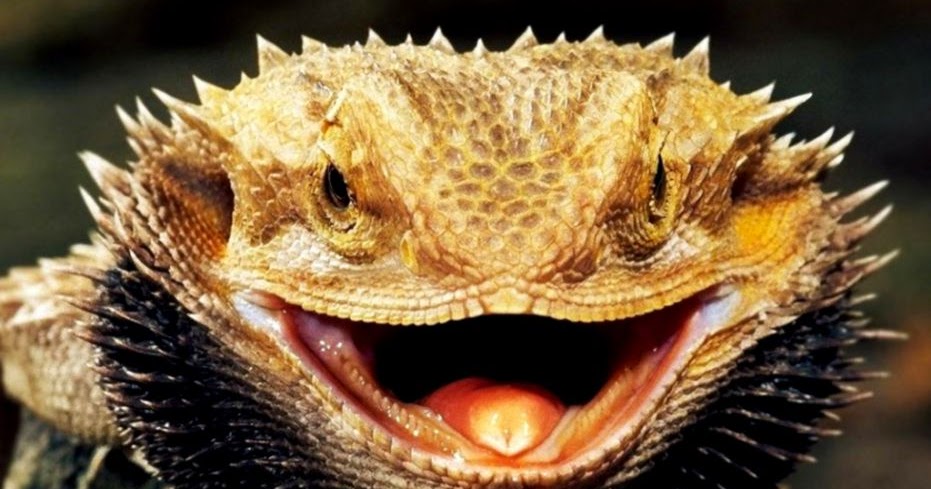The Ultimate Guide to Pogona Vitticeps Bearded Dragon: Everything You Need to Know as a Beginner
Introduction
Welcome to the world of Pogona Vitticeps bearded dragon! As a beginner, you’re in for a treat with one of the most docile and friendly reptiles around. If you’re considering adding a bearded dragon to your household, or you’ve already welcomed one into your home, you’ve come to the right place. This ultimate guide will give you everything you need to know about Pogona Vitticeps bearded dragon.
What is a Pogona Vitticeps bearded dragon?
Pogona Vitticeps, also known as bearded dragons, are one of the most popular choices for reptile lovers. These creatures are originally from Australia and make great pets due to their docile nature and easy-to-care-for characteristics.
Bearded dragons get their name from the spiny projections under their chin that resemble a human beard. They have a flattened body, rough skin, and lack external ear openings. Their color varies, but primarily they have tan or brownish-yellow skin with a darker head and tail.
Habitat and Housing
Before welcoming a Pogona Vitticeps into your home, you need to prepare their habitat. The enclosure for a bearded dragon should be at least 40 gallons, with a screened lid, to provide ample space to move around. You should also include a heat source with a basking area temperature of 95-110 degrees Fahrenheit and a cooler end of 80 degrees Fahrenheit. The substrate can be newspaper, reptile carpet, or sand. Provide a few hiding spots, climbing opportunities, and a shallow dish of water.

Maintaining the bearded dragon’s home is vital to their health. Clean their enclosure every four to six weeks, removing feces daily. Make sure to sanitize all surfaces thoroughly with a reptile-safe disinfectant.
Feeding and Nutrition
Bearded dragons are omnivores, meaning they eat both plants and animals. Adults require a diet of 80% vegetables and 20% insects or small rodents.

Vegetables like collard greens, kale, squash, and carrots can be fed daily. Insects like crickets, mealworms, and waxworms should be dusted with calcium powder before feeding. Small rodents such as pinky mice should be fed as an occasional treat.
Behavior and Temperament
Bearded dragons are known for their docile nature and friendly attitude toward humans. They are a social species and enjoy interaction, so it’s essential to spend time with your bearded dragon every day. These lizards are curious and love to explore, so providing opportunities for climbing and hiding is beneficial.

Some bearded dragons can be trained to recognize their owners and will even come when called. They have a unique form of communication and often wave their arm in greeting or submission.
Health Concerns
One of the most common health concerns for bearded dragons is metabolic bone disease caused by a lack of calcium and Vitamin D. It can lead to deformities, weakness, and even death. Parasites, respiratory infections, and impaction are other common issues in bearded dragons. Regular veterinary care and a healthy diet can help prevent these illnesses and ensure a long and happy life for your bearded dragon.
Conclusion
Now that you know everything you need to know about Pogona Vitticeps bearded dragon, it’s time to welcome one into your home. With proper care, housing, and nutrition, your bearded dragon will be a lifelong companion, bringing joy and wonder to your life.
